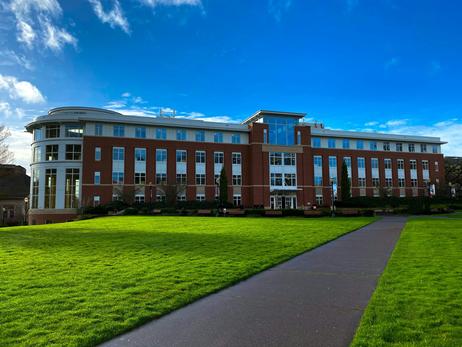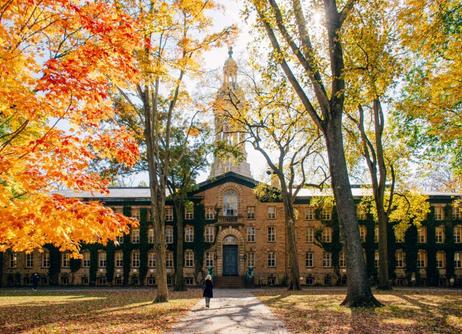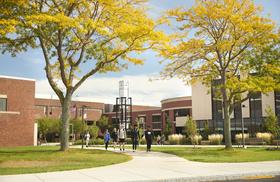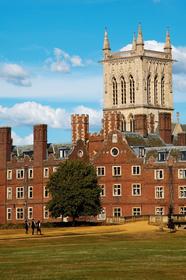Women in Community Colleges: What’s New in 2025
In recent years, the role of women in U.S. community colleges has grown in size, complexity and opportunity. As more female students enroll, balance family and work responsibilities, and progress toward credentials, stakeholders—including parents, students and educators—must understand the shifts in enrollment, tuition, program support and outcomes. This article updates our earlier coverage with 2025-era data, policy changes and real-world examples that reflect the evolving landscape of women in community colleges.
Enrollment Trends and Student Demographics
Women continue to comprise a significant—and in many cases majority—share of students in two-year institutions. According to the most recent data, about 58 % of students at community colleges are female. In the fall of 2023, public two-year colleges enrolled roughly six million students—about 37 % of all undergraduates in the U.S.
The gender gap in enrollment is also evident from broader higher-education statistics: for example, among 18- to 24-year-olds, women enrolled in college or graduate school at a rate of 43.8 % in 2025, compared with 34.2 % for men.
In terms of leadership, women are increasing their presence at the top of community college institutions: as of 2024, about 36 % of two-year college presidencies were held by women. Community College Daily
These trends reflect both access gains and persistent structural issues. For parents and students evaluating a community college, this means that institutions are



















